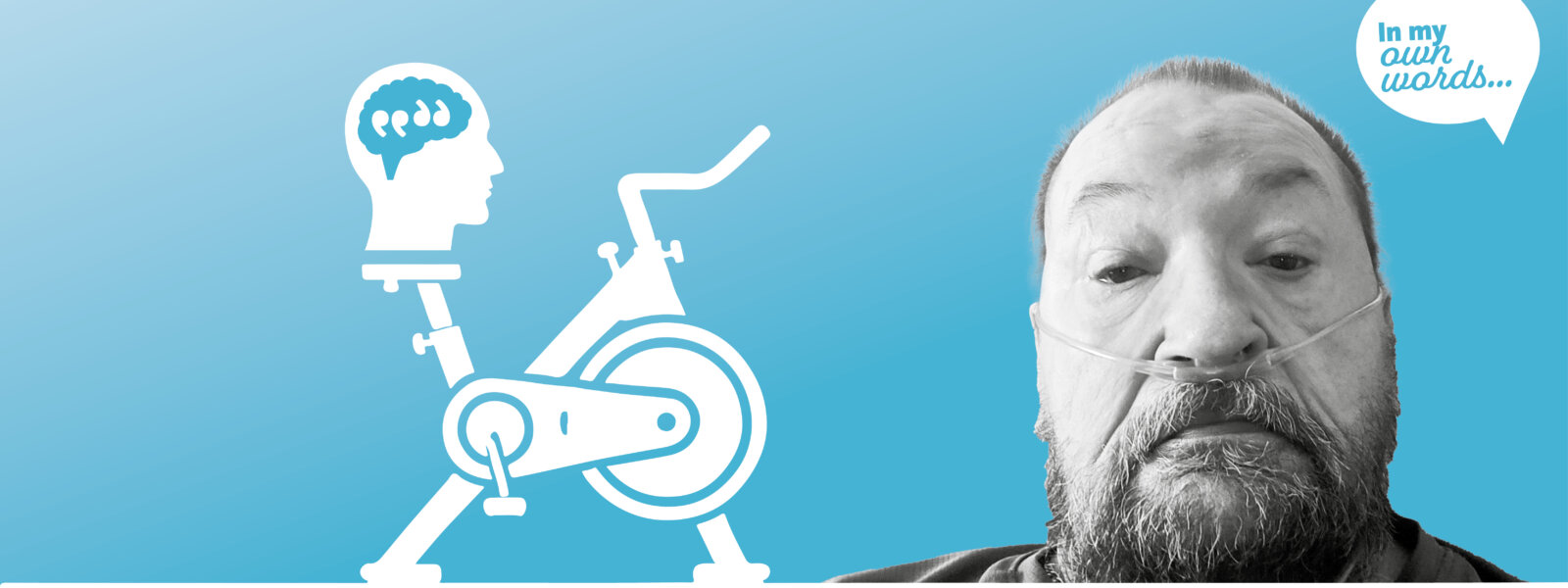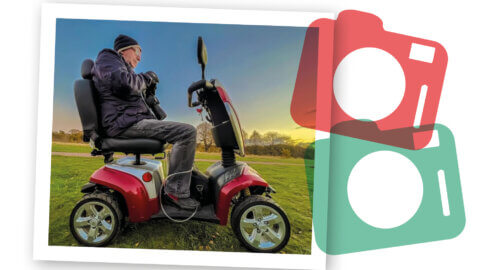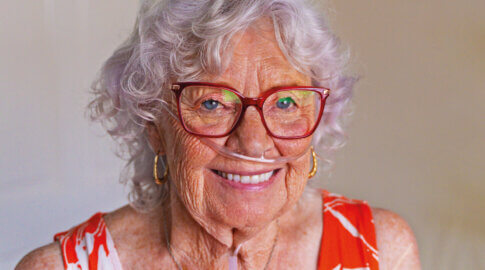How I look after my mind with PH
Neil Gambrell, 68, lives with PH alongside chronic obstructive pulmonary disease (COPD). He uses his experiences of working with people with mental health conditions to manage his own emotional wellbeing.
“Before I had to take ill-health retirement, I spent many years as a support worker for people with serious mental health conditions living in supported housing. There were 17 residents with a whole range of issues including paranoid schizophrenia and personality disorder, and I learned a lot there that I can apply to my life today.
It certainly helped me a lot when I was initially diagnosed with PH last year, after living with COPD since 2022. Hearing it was a rare disease without a cure was difficult. But my training allowed me to take a step back and see that whilst the two conditions might be incurable, that didn’t mean they couldn’t be manageable.
I’m part of the PHA UK private Facebook group and I read a lot from people newly diagnosed talking about fear and trepidation. Some people worry their ‘life is over’ – but the bottom line is that it isn’t.
I am not defined by PH, and I am not defined by COPD. I’m still the same Neil I was before these health conditions – I just do things a little slower!
I try to give myself the advice that I would give to other people, and particularly the advice I gave at work. During my career, some of the stories I would hear from residents would be very distressing – but it was my role to help them see they could still live a good life, and that they didn’t have to carry on feeling like a ‘victim’. I’d be naive if I said that worked with every single resident, but when it was successful, it was the best feeling in the world.
I encouraged the residents not to be defined by their illnesses, and that applies to me now. I am not defined by PH, and I am not defined by COPD. I’m still the same Neil I was before these health conditions – I just do things a little slower!
I try and concentrate on doing things which I know are good for both my body and my mind.
I know I won’t be running a marathon any time soon, but I have an exercise bike in my flat, which I use daily, and that makes me feel good because I know it’s good for my health. And it’s something I can do. From a mental standpoint, I try to focus on what I can still do, rather than what I can’t.
The exercise makes me feel better both mentally and physically. Clearly, PH and COPD affects energy levels and mobility, but the bike helps with my fatigue, and when I keep up with it regularly, I notice how much better I’m able to move around my flat.
Completing a session on the bike gives me a sense of achievement and exercise releases a feel-good hormone called dopamine.
Whilst it’s important for me to understand my body, I have recognised that with all the technology around – such as smart watches that monitor your heart rate – it can be easy to become obsessed. Constantly tracking your ‘data’ means everything revolves around your illness and it becomes what defines you. Now, all I use on a regular basis is a pulse oximeter on my finger. I’ve still got a smart watch, but it’s basically just there to tell me the time.
I accept that I have PH and there is currently no cure – there’s nothing I can do to change that. But there are things I can do to change the way I approach my new life. I live on my own, and whilst I had a carer to come in and help when I was first diagnosed last year, I have learned to now do things myself. I do all my own cooking and housework and simply accept that it takes a long time.
I try not to look back on my life pre-PH, because it risks getting fixed into negative thinking. Yes, I could walk uphill before, but it doesn’t matter how much I whinge that I can’t anymore – it’s not going to change. Like I said, focus on what you can do, not what you can’t do.
I do try to talk about my health and how I feel with a select few people – namely my daughters, my brother, and my best friend. I need to do that, because it’s not good to keep everything inside your head. Last year, being diagnosed with PH, was scary. I was very ill, and it was a difficult conversation with my daughters, but they are encouraged by how much better I am now. We are able to talk about the future again.
I think sharing how you’re feeling and being honest about how you’re feeling, is very important. I was scared last year. I wasn’t strong enough mentally to do it all on my own, so I shared it with my daughters, and that made a big difference.”
















